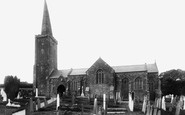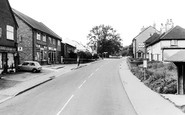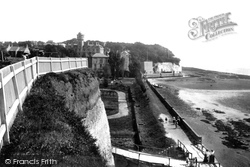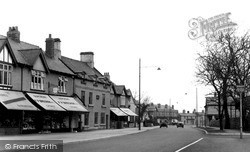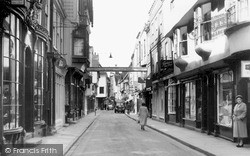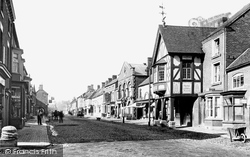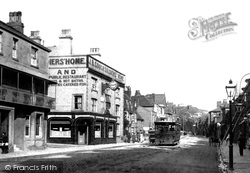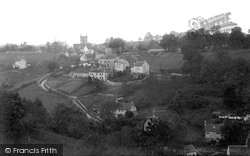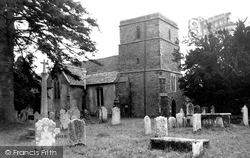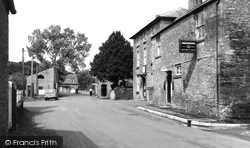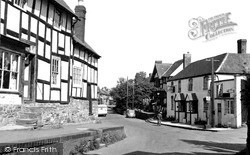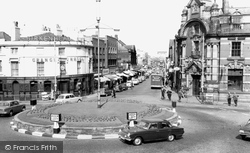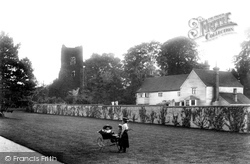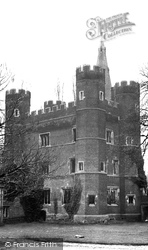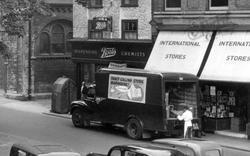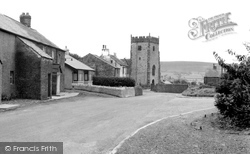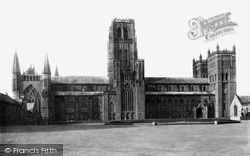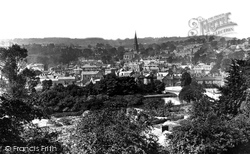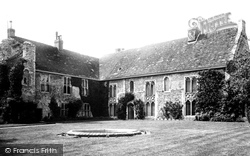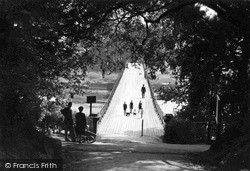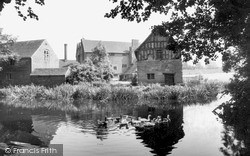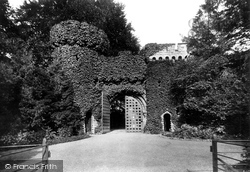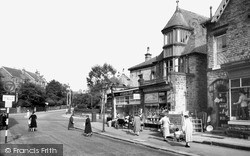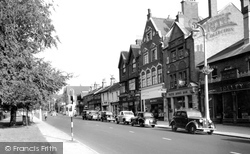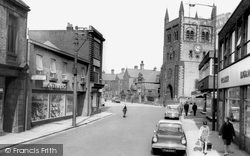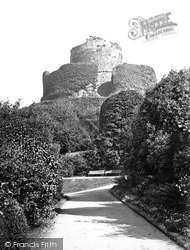Places
18 places found.
Those places high-lighted have photos. All locations may have maps, books and memories.
- Hythe, Kent
- Hythe, Hampshire
- Small Hythe, Kent
- Bablock Hythe, Oxfordshire
- Methwold Hythe, Norfolk
- Hythe, Somerset
- Hythe, Surrey
- Hythe End, Berkshire
- The Hythe, Essex
- Egham Hythe, Surrey
- West Hythe, Kent
- New Hythe, Kent
- Broad Street, Kent (near Hythe)
- Horn Street, Kent (near Hythe)
- Newbarn, Kent (near Hythe)
- Newington, Kent (near Hythe)
- Broad Street, Kent (near Hythe)
- Stone Hill, Kent (near Hythe)
Photos
360 photos found. Showing results 2,341 to 360.
Maps
101 maps found.
Books
10 books found. Showing results 2,809 to 10.
Memories
4,406 memories found. Showing results 1,171 to 1,180.
My Childhood
I was born at West View, Stanley in August 1939. My father bought 2 cottages and knocked them into a very large house. I had 5 older siblings and my mother's father lived with us. Our family name was House. I loved every ...Read more
A memory of Stanley in 1940 by
One Day At A Time
A precised extract from the chapters in my biography relating to wartime evacuation, and particularly to Garnant. I stared morosely out of the window and watched the landscape slip by as the steam train chugged its way through ...Read more
A memory of Garnant in 1940 by
Clyde Street, Salford
I remember living at no 6 Clyde Street and at the end of the street was Mrs Grant's shop. I was the eldest of four (me) Mandy Derbyshire, my brothers Jason and Paul, and my sister Kelly. I remember being part of the filming ...Read more
A memory of Salford in 1970 by
The Crooked Spire
It's not just the church at Ermington which has a crooked spire.The village has a traditional village inn called 'The Crooked Spire'. It's not particularly pretty to look at from the outside as there is just a narrow pavement ...Read more
A memory of Ermington in 2012 by
School Days
We lived in Langrish village, but seeing there was no school there we had to take the public bus to East Meon School. I remember the first and last days at junior school in East Meon. The school building was made from local ...Read more
A memory of East Meon in 1950 by
Nana & Grandad
We stayed with them when I was aprox 11. They had a wool and baby clothes shop and I believe the name was A.W.Baldock. The shop next door was a sweet shop run by Mrs Swan, she sent me beautiful postcards when we had left ...Read more
A memory of Haywards Heath in 1961 by
The Territorial Army Centre In Rusholme, Manchester
A new Army unit was formed in 1967 and took over the depot in Norman Road, Rusholme. This became 33 Signal Regiment which was part of the new TAVR. I had been wondering about joining the TA for ...Read more
A memory of Rusholme in 1967 by
Top Of The High Street
The account by Anne Broomehead is partly correct but jumbled, having lived in Bovingdon since 1960 and worked for Mr Grainger as a paperboy, and knew Ted Gadd like an old "uncle", this is the correct version. The paper ...Read more
A memory of Bovingdon in 1965 by
Park Court ~ Balham Park Road
My Aunt & Uncle (Ella & Cecil Forbes) lived in a two bedroom flat in Park Court in Balham Park Road from 1948 & throughout the 1950s and I spent much time staying with them as my parents ran pubs in The City. ...Read more
A memory of Balham in 1955
Family Visits
I have many memories of visiting my Grandparents, George and Liza Ireland, who lived on the end of Major's Terrace, (I think it was called then) next door to the Crown and Anchor (now the Pottery). A particular fond memory is of ...Read more
A memory of Mosterton in 1949 by
Captions
4,899 captions found. Showing results 2,809 to 2,832.
Here we have a closer view of the wall and walk built from the cliff opposite, encompassing the ground later laid out as gardens, and earlier as a swimming pool, by the Pegwell Bay Reclamation
agricultural dwelling next to it, to the generously featured buildings established during the first half of the 20th century, lend an air of long-term solidity that was subsequently supported by the
Sometimes the signs would hang so low that people would have to duck to pass by. The 17th-century inn has survived, but it has been totally altered.
By the beginning of the 11th century the parish was doing well enough to support five churches and two chapels. Then disaster struck. In 1010 Danish raiders attacked and all but destroyed the place.
In the year King Edward VII cut a ribbon to launch London's first electric trams, this small town by the sea still used horses to pull its passenger-laden vehicles.
Horsley is approached from the north by the main road from Nailsworth, middle right, and by a steep lane leading from the attractive hamlet of Washpool, bottom right, where the remains
Corfe Mullen stands on the alluvial flood plain of the River Stour, surrounded originally by the wild heathlands of south-east Dorset.
The Abbot at Gloucester complained that the monks sent to the village became so debased by the life there that, on their return home, they would inevitably corrupt the other monks.
The survival of so many timber buildings is a reminder that by the 17th and 18th centuries, the village's fortunes had declined.
The ornate building on the right, occupied by the Midland Bank at the time this photograph was taken, is still there, but it is now Hamiltons, a pub and wine bar.
Three children have been enticed by the photographer into providing a human focal point in the foreground of this picture, with the ivy-clad tower of the old medieval parish church of St Mary the Virgin
In 1957 it was taken over by the Claretian Missionaries, and under their care the Catholic church of St Hugh of Lincoln was built in 1959.
Boots and International Stores had both been long-term tenants of this corner, but in 1976 Boots moved away, and the Leeds Permanent Building Society, followed by the Halifax, moved in.
Within is a piscina, part of the original 12th-century building, and the font was probably presented by the Bradley family.
After climbing through the narrow streets of Durham, we suddenly come upon a dramatic opening into the light and space of Palace Green, dominated by the awesome cathedral.
Today, this scene would be dominated on the left by the futuristic shape of Bakewell's new Agricultural Business Centre.
The adjacent Royal Engineers Museum contains many Gordon relics, including the folding chair he used at Khartoum, and a yellow jacket given to him by the Emperor of China.
The bridge started to show its age soon after our photograph was taken, and by the mid 1960s it was declared unsafe.
Said to have the largest number of priest holes of any building in England, the hall is now owned by the Roman Catholic Archdiocese of Birmingham.
Devizes Castle today is a Victorian reconstruction by the Bath architect, H E Goodridge. The foliage-covered walls and gate present an attractive and imposing building.
Prices by the mid fifties had doubled on what they had been around 1946: a pound of sirloin cost 4s 2d, 3lb of flour 1s 3d, a dozen eggs would set you back 3s 10d and a pound of butter 2s 6d.
To the left of the picture are the grounds of the Staff College; they were fully open to the public, who could enjoy the fine walks and sit by the lakes.
By 1871 the population stood at around 6000, and by the time this picture was taken it was well over 30,000.
Launceston Castle is of the classic motte and bailey design: a high central tower stands on a mound surrounded by the bailey defences.
Places (18)
Photos (360)
Memories (4406)
Books (10)
Maps (101)

